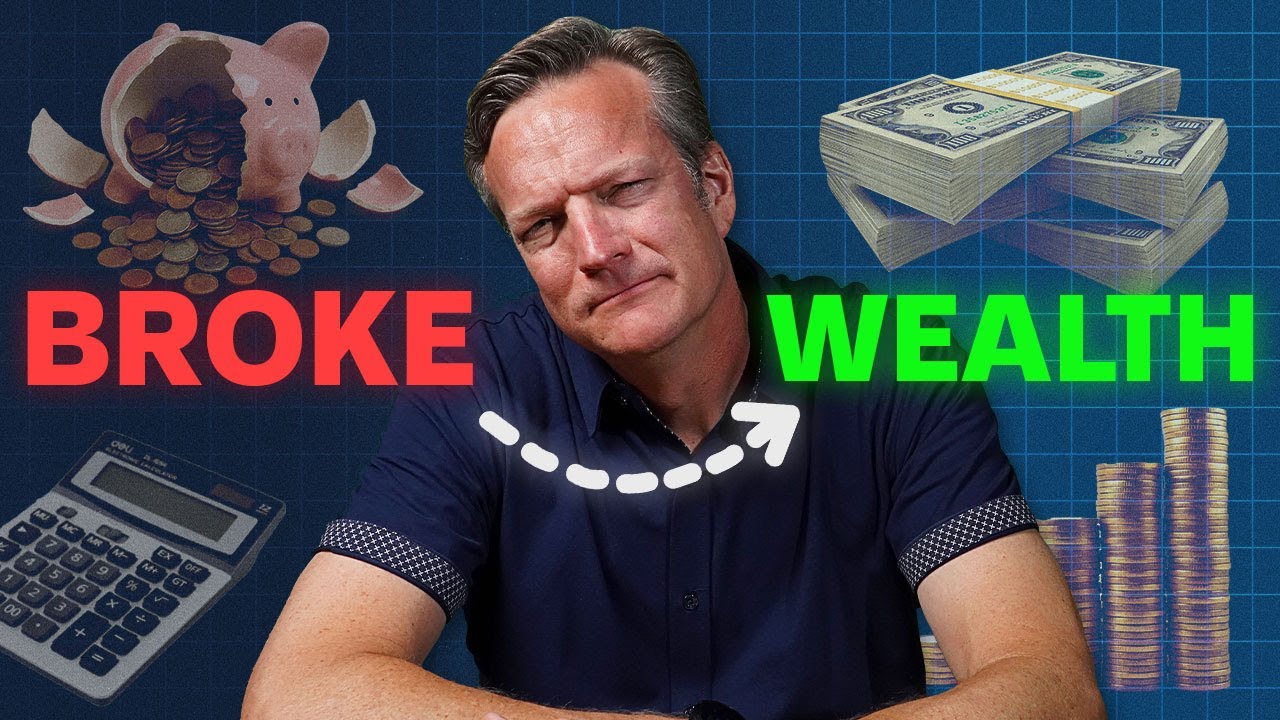
A mutual fund allows investors to pool money together to purchase a collection of stocks, bonds, or other securities that might be difficult to replicate on their own. ETFs are similar, but are traded throughout the day instead of at the end of the day (we’ll discuss intraday pricing later). Most ETFs, about 90%, are passively managed. Passively managed mutual funds are much less common; about 30% of mutual funds are index equity funds. Since most ETFs are low-cost passively managed funds, some may assume that makes ETFs superior to mutual funds, but is that actually the case?
Misconceptions
“Index funds” are often seen as their own category of funds, but index funds can be either mutual funds or ETFs. Mutual funds have a history of being actively managed, but about 30% of mutual funds are now passively managed, so that perception is becoming outdated. Another misconception is that ETFs are better than mutual funds. While it is true that most ETFs are passively managed and most mutual funds are not, that does not mean all ETFs are better than all mutual funds. Let’s see how they stack up.
Expenses
Using data from Morningstar and the Investment Company Institute, we know that the median mutual fund has a greater expense ratio than the median ETF. Mutual fund equity and bond funds are also more expensive than their ETF counterparts, but when it comes to index equity funds, the median mutual fund has a lower expense ratio than the median ETF. Despite the perception that ETFs are cheaper than mutual funds, that isn’t always the case. Funds should be evaluated on a case-by-case basis. If you are investing in an index fund, mutual fund or ETF, the expense ratio should be extremely low. There are even a few index funds available that have zero expenses.
Pros and cons of mutual funds
Mutual funds provide a diversified mix of stocks or bonds and are generally not as risky as single stocks. There’s a mutual fund available for just about everything you can imagine. Investors pool their money together in a mutual fund, and they aren’t traded throughout the day on a stock exchange, so you may be able to invest any amount into a mutual fund (you don’t have to buy whole shares).
Mutual funds only trade at the end of the day, which can be a turn-off to investors who would like to trade when the market is moving during the day. There are also minimum investments for some mutual funds that may be thousands of dollars. Younger investors may not have thousands of dollars to invest at once, and high initial investments may exclude some investors. Mutual funds aren’t as tax-efficient as ETFs due to embedded capital gains and distributions.
Pros and cons of ETFs
ETFs can provide a diversified mix of stocks and bonds just like mutual funds, and there are a wide range of ETFs available, although there are not as many ETFs as there are mutual funds. One advantage ETFs have over some mutual funds is that there are no minimum investments other than the share price of the ETF. You don’t need thousands of dollars to start investing, so ETFs are more accessible to younger investors and those that can’t make a high initial investment.
ETFs trade throughout the day similar to stocks. That could be a good thing or a bad thing; it’s nice to have the ability to make trades throughout the day, but if you’re a long-term investor you may not necessarily need to make trades throughout the day. Not having the ability to trade throughout the day could prevent you from selling or buying at an inopportune time. Unlike mutual funds, you can’t make any size investment into an ETF; you must buy a number of shares. Because of this, you can’t automatically dollar cost average into ETFs. There are trading fees with some ETFs, and smaller ETFs that aren’t widely traded may have some liquidity issues (you may have trouble finding a buyer or a seller).
Are ETFs better than mutual funds?
ETFs and mutual funds aren’t natural enemies and you don’t have to choose between one or the other. They’re both very similar but have some differences, and depending on your investment goals you may want to invest in one or the other or use both in conjunction with each other. Watch our most recent show, “The Pros and Cons of Mutual Funds and ETFs (Which Option is Best?),” to make sure you understand the differences between them so you can make an informed decision. Watch it now on YouTube below.













